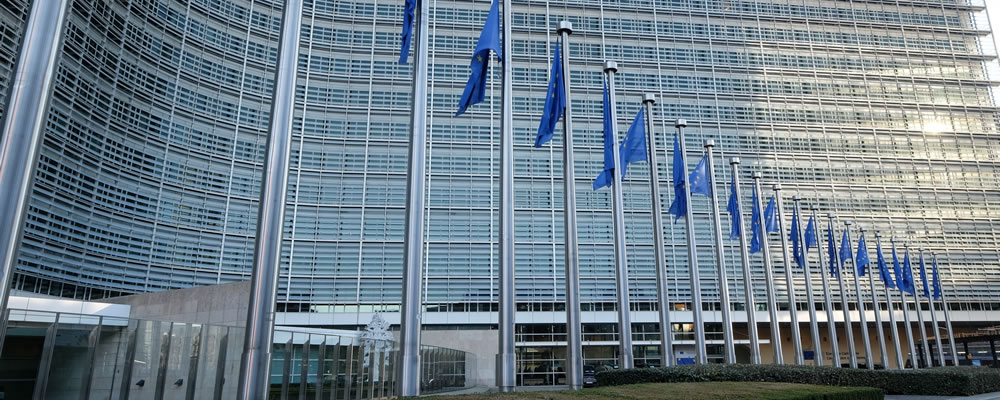Italian Budget Tensions Weigh on Euro Pound Sterling (EUR/GBP) Exchange Rate
Tensions over the controversial Italian 2019 budget proposal mounted ahead of the European Commission’s resubmission deadline, leaving the Euro (EUR) on a weaker footing.
Demand for the single currency diminished as the Italian government and EC look set to clash further over the suggested budget deficit target, which falls foul of EU rules.
Although November’s German ZEW economic sentiment survey bettered expectations, picking up from -24.7 to -24.1, this was not enough to shore up EUR exchange rates this morning.
In spite of the improvement the index still sits firmly within negative territory, suggesting that economic confidence within the Eurozone’s powerhouse economy remains generally lacking.
As the Italian budget conflict has the potential to stoke further division within the currency bloc the mood towards the Euro remained decidedly bearish.
Pound Sterling (GBP) Exchange Rates Strengthen on UK Wage Growth
Pound Sterling (GBP) gained ground against its rivals, meanwhile, as UK weekly earnings showed stronger growth than forecast.
Investors were encouraged to find that weekly earnings excluding bonuses had accelerated 3.2% on the year in the three months to September.
With wages continuing to outpace inflation the outlook for the UK consumer appears to have improved, encouraging hopes of greater spending in the months ahead.
As James Smith, Developed Markets Economist at ING, commented:
‘Momentum has really picked up over recent months, and reinforces the idea that firms are having to pay increasingly high premiums to retain and attract talent.
‘Admittedly, we suspect the current level of wage growth represents something of a peak but we expect the underlying trend to stay with us as we move into 2019.’
If tomorrow’s UK consumer price index data also shows an uptick this could pressure on the Pound, however.
As rising inflationary pressure would undo some of the gains in wage growth an increase here may give the Euro to Pound Sterling (EUR/GBP) exchange rate a boost.
Euro (EUR) Exchange Rates Vulnerable Ahead of German and Eurozone GDP
EUR exchange rates are likely to see fresh volatility on the back of the third quarter German and Eurozone gross domestic product data.
As growth across the currency union is expected to show signs of weakening the Euro looks vulnerable to a fresh downtrend.
Particular focus is likely to fall on quarterly German GDP as forecasts point towards a contraction of -0.1%.
Evidence of a slowdown within the Eurozone’s powerhouse economy could weigh heavily on the single currency, especially as signs already point towards a softer fourth quarter.
On the other hand, a more resilient performance from the German economy may encourage the Euro to Pound Sterling (EUR/GBP) exchange rate to recover some of its lost ground.



